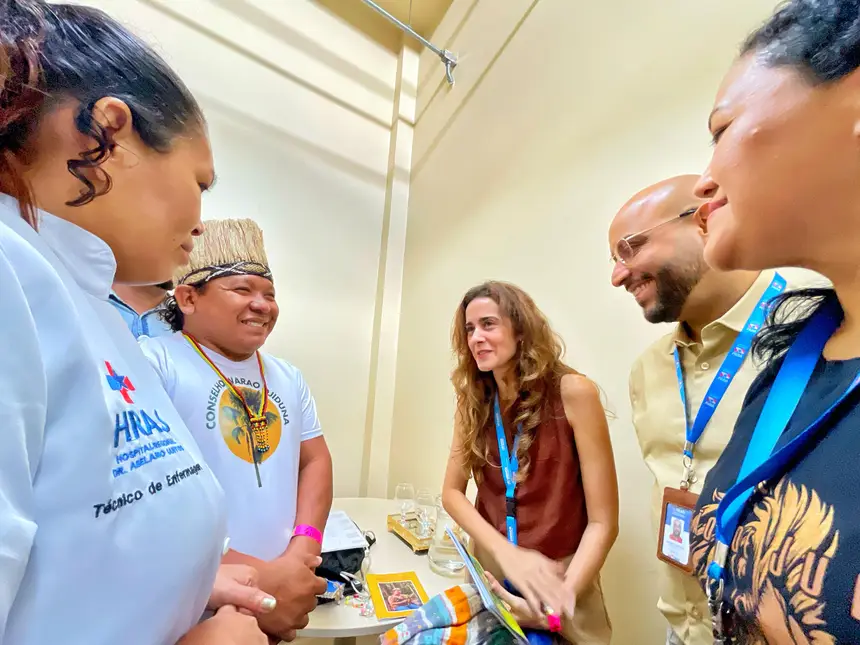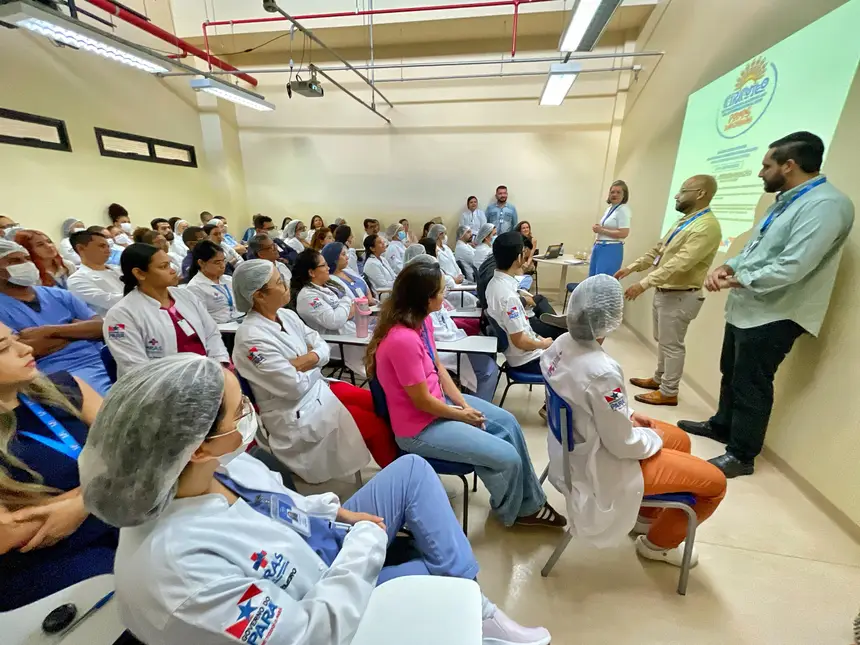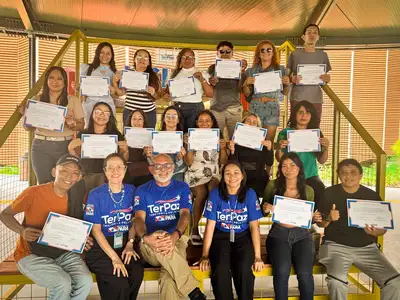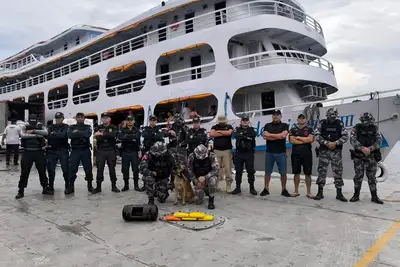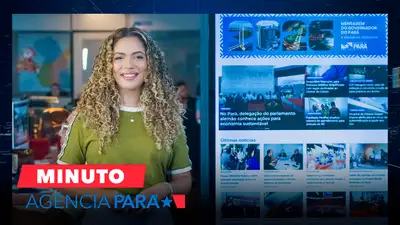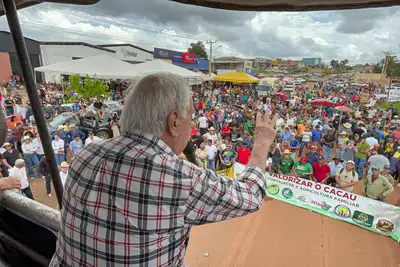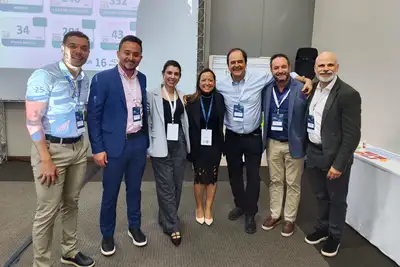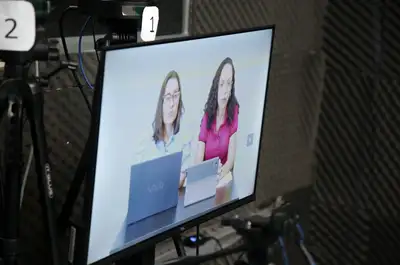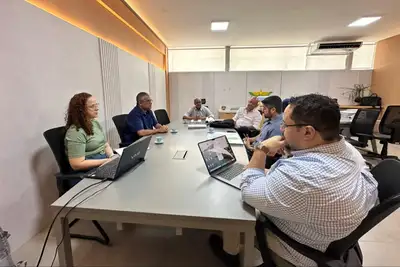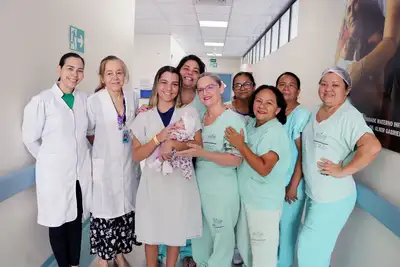Hospital Abelardo Santos discusses integration with traditional indigenous medicine
A reference in indigenous health, HRAS highlights the appreciation of traditional knowledge and respect for cultural practices during medical treatment
A reference in serving indigenous peoples, the Dr. Abelardo Santos Regional Hospital (HRAS), in Icoaraci, a district of Belém, started this Tuesday (19) the 3rd Indigenous Health Lecture Circuit. The event continues until Wednesday (20), aiming to value culture and traditional knowledge, expand dialogue on interculturality, and strengthen a more humanized and respectful care.
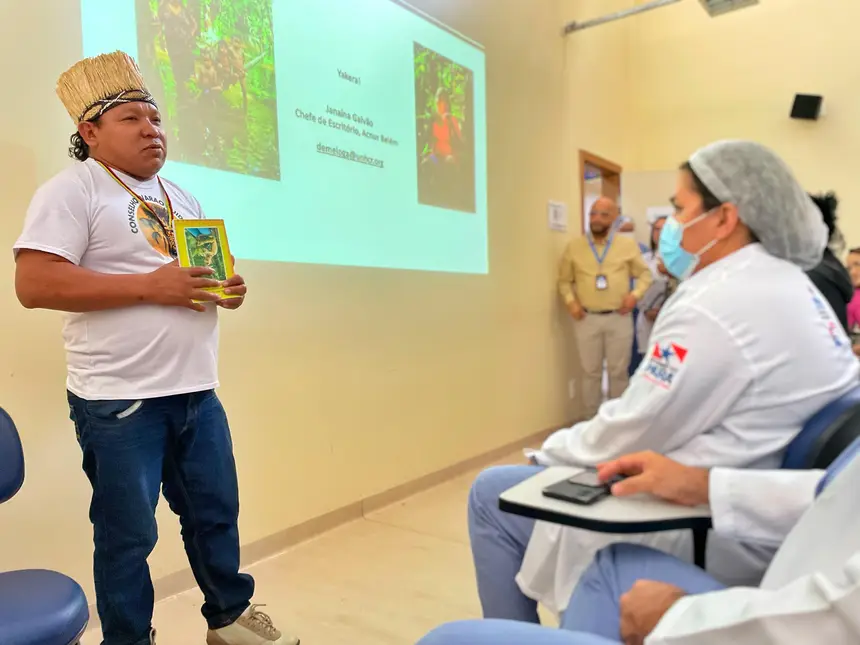
A pioneer in the Amazon in signing the Incentive for Specialized Care for Indigenous Peoples (IAE-PI) from the Ministry of Health, Hospital Abelardo Santos recorded 246 attendances to indigenous people between January and July 2025, mainly from the Tembé, Assurini, Amanayé, and Munduruku ethnic groups. Combined with the years 2023 and 2024, there are over 545 indigenous patients treated at the unit.
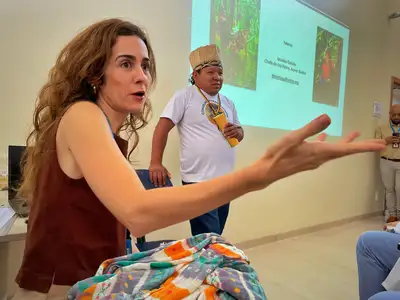
Knowledge - Among the speakers, the head of the United Nations High Commissioner for Refugees (UNHCR) office, Janaina Galvão, highlighted the importance of the debate. “Talking about indigenous health is necessary. The event comes to strengthen this understanding, as it is essential to know these peoples, their beliefs, way of life, and forms of socialization to be able to care. It was a very necessary exchange,” she stated.
Also part of the program was Warao leader in Belém, Freddy Cardona, who presented the book “Warao Health Protocol,” authored by him. The work gathers the Warao people's view on traditional medicine and brings recommendations directed to health institutions, reinforcing the need to respect indigenous cultural practices during the treatment process.
According to Freddy Cardona, the book is a protection tool. “We understand that vaccines are important, but our way of care is also. We believe in the power of water and medicinal plants. That our relatives, when hospitalized, can feel safe, with their culture respected. It is a specimen of protection for our customs, important to us,” he emphasized.
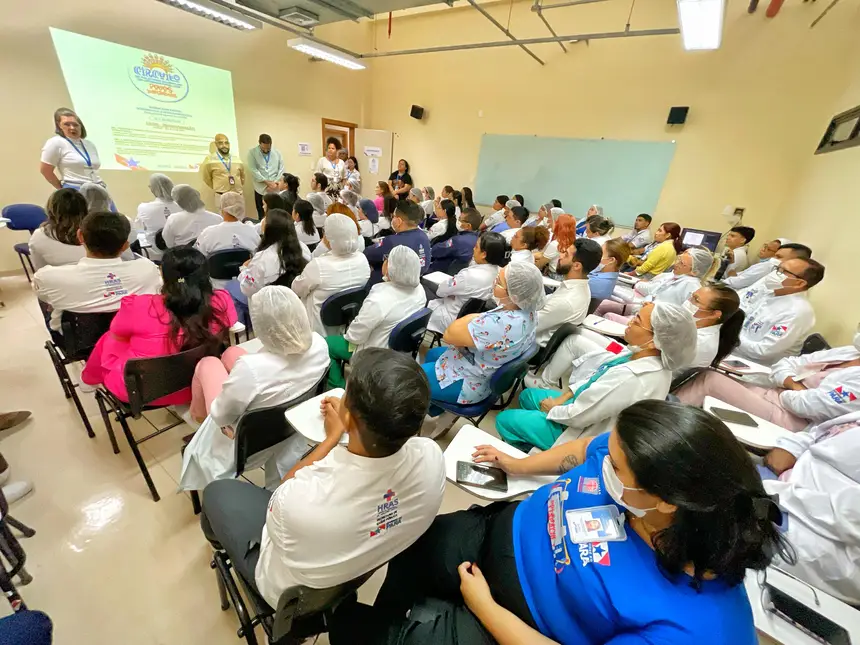
Training - The Indigenous Health Lecture Circuit is held annually and contributes to the understanding of the practices, values, and specific needs of indigenous communities. The event promotes a more sensitive approach, functioning as a space for exchanging experiences, where challenges and solutions are discussed, in addition to inspiring new practices or adaptations of methodologies already adopted in the Hospital.
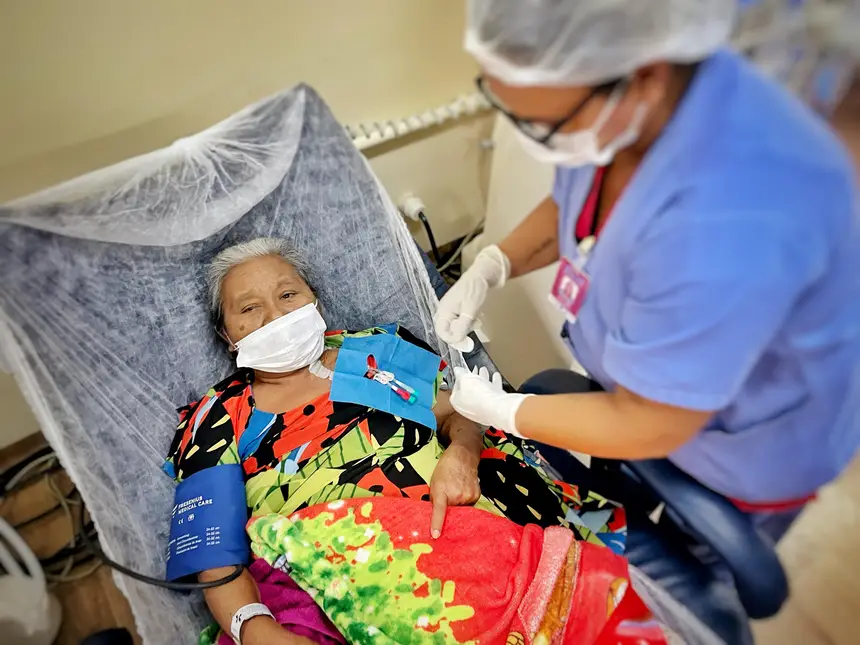
Topics such as comprehensive care for those who protect the forest, culturally competent health directed at indigenous peoples, traditional knowledge, and ancestral medicine in the sustainability of the Unified Health System (SUS) were discussed. There were also reflections on indigenous health emphasizing challenges, cultural diversity, and ensuring access for all peoples.
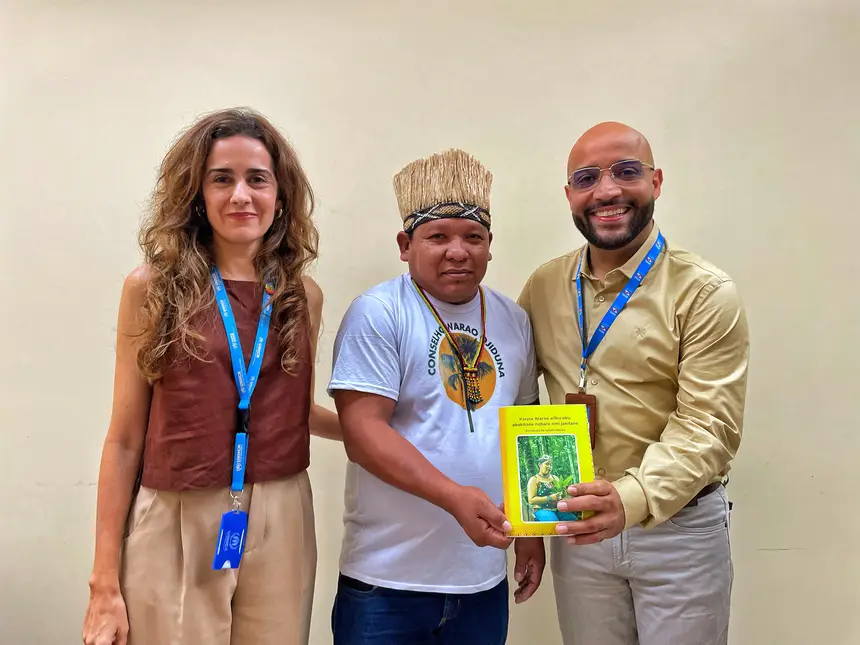
The event was organized by the Permanent Education Center, coordinated by Jamilly Silva. According to her, the action is being conducted entirely by health professionals of indigenous origin or who are working in this area, which ensures a more authentic and sensitive approach to the specific needs of patients, strengthening an already existing practice at HRAS.
In addition to being a reference in high complexity and pediatric and obstetric emergency care, the health unit of the Government of Pará offers specialized assistance to indigenous patients and their families. “A service based on respect for traditions and habits, with clarity in diagnosis and health guidance, ensuring an interpreter whenever necessary,” informed the coordination.
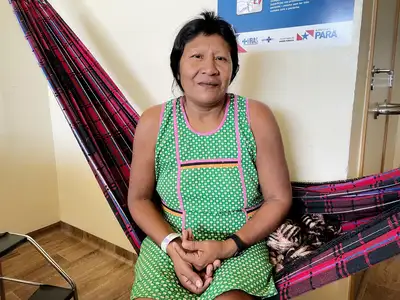
Respectful care - The general director of HRAS, Ednise Amaral, added that “we took care to invite professionals who are immersed in this reality, precisely to apply their knowledge, enriching therapeutic plans and making them more efficient in meeting the needs of this population. Furthermore, the event creates a support network among health professionals and indigenous communities.”
She added that “continuous training and improvement of our practices are essential to ensure that we are providing dignified and culturally appropriate care. Through events like this, we strengthen our mission to be not only a health center but also a space of respect and welcome for all peoples who are served here.”
The unit's care manager, Adriano Furtado, said that the initiative reinforces the Hospital's commitment to creating bridges for a deeper understanding of the topic. “The action reflects our commitment to respectful care for indigenous communities. This assistance also involves valuing cultural differences and understanding how each people takes care of themselves,” he concluded.


